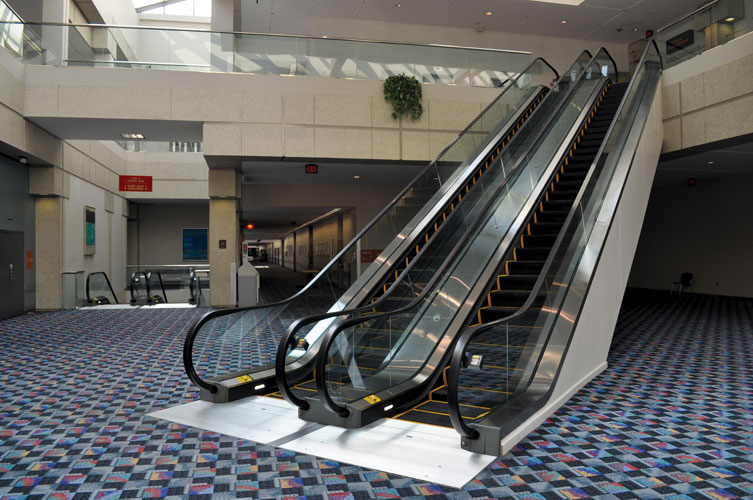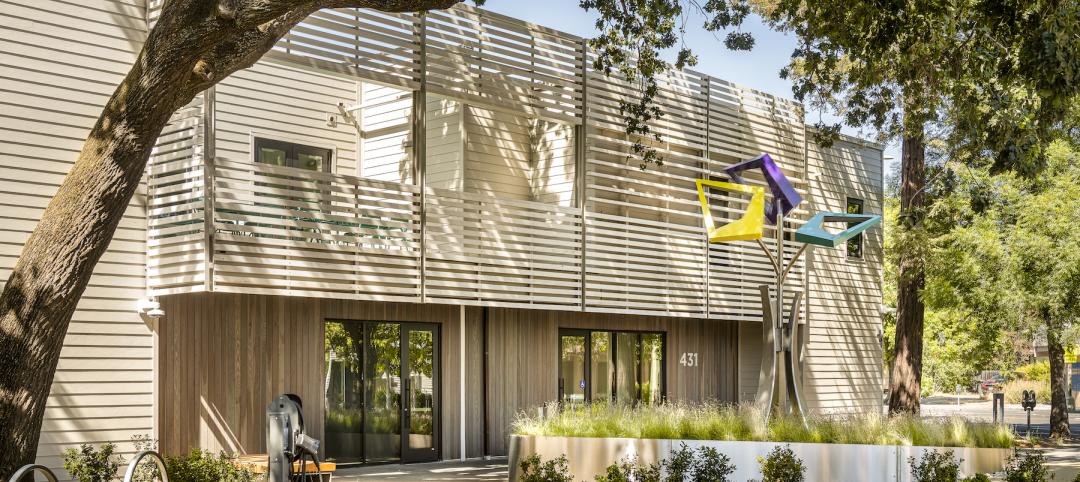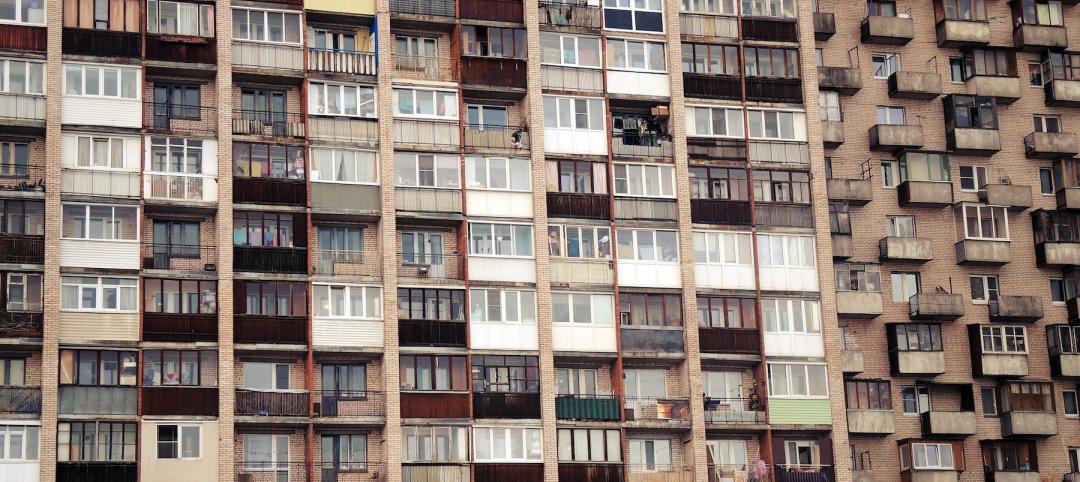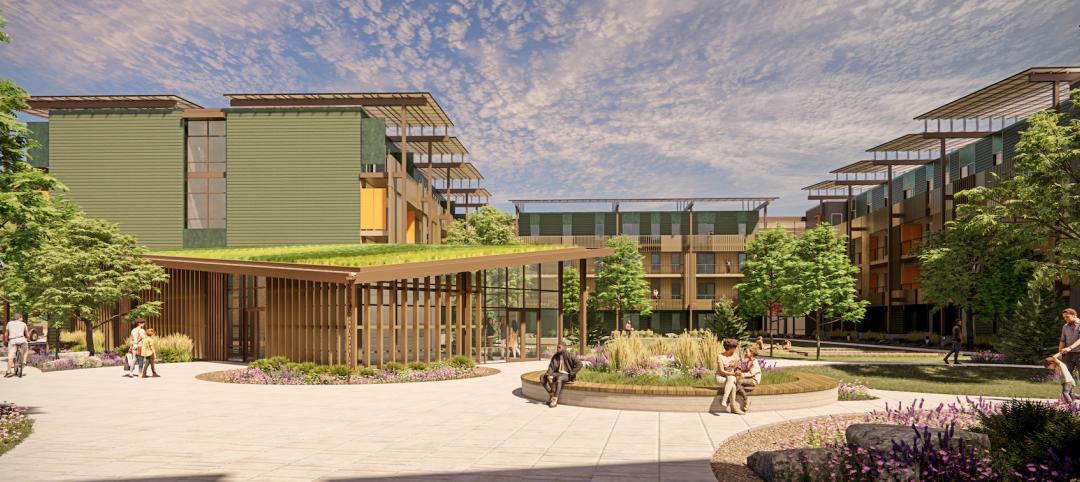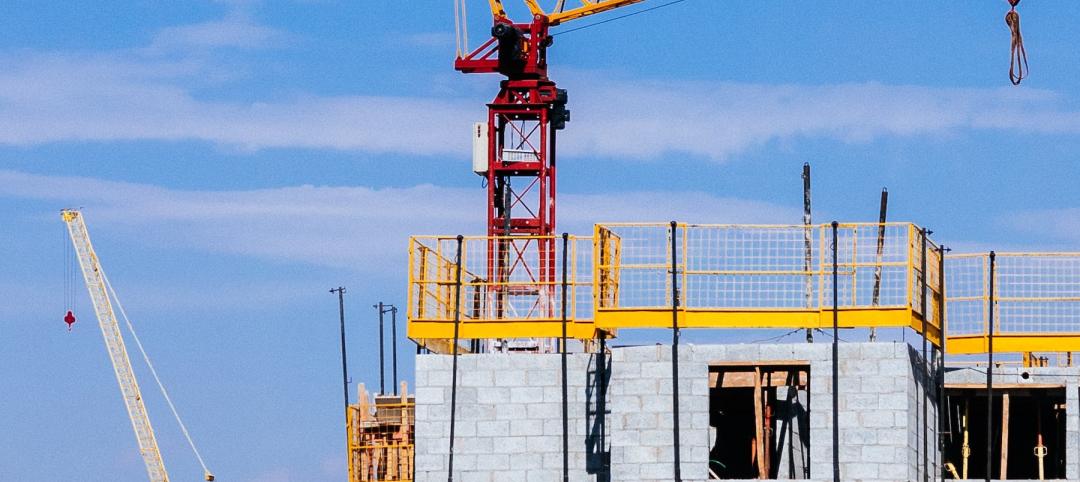Having to replace an escalator in a public facility of any kind is a major headache for the building’s management—all that debris and noise, not to mention the inconvenience to visitors and the annoying expense.
Imagine what it would be like to have to replace more than a dozen escalators, in a facility that might have to host a hundred thousand visitors on a busy day.
At Detroit’s Cobo Center, 14 glass balustrade escalators have been fully updated over the last two years, with more to come. The work has been clean and quiet, allowing building management to conduct business as usual.
Credit for this accomplishment goes to EcoMod, a complete escalator modernization system from Finnish vertical transport manufacturer KONE. The EcoMod system replaces the entire inner workings of an escalator unit without removing the supporting truss. “The escalators are equivalent to brand-new units but without the hassle,” says Claude Molinari, Cobo Center’s Assistant General Manager.
Meeting the needs of year-round activity at busy, busy Cobo
Opened in 1960 and expanded in 1989, Cobo Center is one of the country’s largest convention sites. The facility hosts events about 320 days a year, including the two-week-long North American International Auto Show each January. Daily attendance can reach 100,000. The center’s escalators are critical to moving people through four levels of space, but scant attention had been paid to them for decades, and they were prone to frequent breakdowns. By 2010, they had become a detriment to serving current clients and attracting future shows.
That’s when the center’s owner, Detroit Regional Convention Facility Authority, launched a multi-year, $300 million improvement and expansion program. This time the escalators would be overhauled. The question was how.
“We needed to replace the escalators, but we also had to stay open,” says Molinari. “We have several events that use every square inch of space in the building. We can’t close pieces of it. To tell someone that one-third of the building you normally occupy is not available this year would not be acceptable.”
Another consideration was the restaurants and retailers that operate beneath some of the trusses. A tear-out would mean those businesses would have to shut down for the duration. Again, unacceptable.
Avoiding total replacement
Total tear-out, the traditional escalator replacement method, was deemed impractical. “Total replacement is major construction,” says David Paxson, Project Manager and KONE Detroit Branch Manager. “The cost to bring in a general contractor to tear the building apart in a way that allows the truss to be removed is pretty expensive.”
Total replacements usually require cutting holes in roofs or façades because materials and equipment are too large to transport through the doors and windows. “It’s usually done at night, so you’re not doing heavy lifting around the public, which makes it even more expensive,” says Paxson.
With the custom-fabricated EcoMod retrofit option, it wasn’t necessary to touch the drywall, cladding, or any other parts of the building, according to KONE’s Kellie Lindquist, LEED Green Associate. The EcoMod components were built in modules that fit on a conventional skid and were assembled on site.
The Cobo project has been phased, starting with the escalators in poorest condition: 12 in 2011, two in 2012. Five more are in progress. During the first phase, crews took on four escalators at a time at opposite sides of the building.
The process entailed enclosing the workspace with temporary privacy walls, removing the old units, and cleaning and painting the trusses. The drive module was installed at the top, the turnaround station at the bottom. On the incline, brackets were welded to the truss, track was anchored to the brackets, and steps were laid atop the track. New balustrade and handrails were the final touches. It took about 10 weeks to complete four escalators.
The new units meet building codes that were not in place when the original escalators were installed. They come with energy-saving features such as a lubrication-free step chain, power regeneration, and LED lighting. They’re also equipped with missing step detectors, handrail speed sensors, a narrowed step-to-skirt gap, and other current safety features.
“The technology that gets installed is the same technology as if you put in all brand new,” says Lindquist. “We’re just installing it using a different method.”
Cobo Center’s Molinari says he conducted a cost comparison between total replacement and the KONE method and was able to document a 50% savings for the facility using the EcoMod system.
Molinari says he enjoys greater peace of mind knowing today’s visitors have a safer, quieter, more pleasant experience than in the past. “I was somewhat skeptical at first,” says Molinari. “I knew I had to accept a certain amount of inconvenience, but I was surprised how little interruption it caused. For the most part, people had no idea the escalators were being worked on.”
Related Stories
Contractors | Oct 6, 2022
Modular construction gets boost from impacts of the pandemic
The impact of the Covid pandemic on the construction industry appears to be fueling demand for modular construction methods, especially in the western U.S. and Canada.
Laboratories | Oct 5, 2022
Bigger is better for a maturing life sciences sector
CRB's latest report predicts more diversification and vertical integration in research and production.
Multifamily Housing | Oct 5, 2022
Co-living spaces, wellness-minded designs among innovations in multifamily housing
The booming multifamily sector shows no signs of a significant slowdown heading into 2023. Here is a round up of Giants 400 firms that are driving innovation in this sector.
Contractors | Oct 5, 2022
Materials shortages, cost spikes throwing Design-Bid-Build process out of whack
The traditional Design-Bid-Build delivery process is under considerable stress this year as materials shortages and cost spikes are upending usual practices, according to a new report from JLL.
Green | Oct 5, 2022
In California, a public power provider’s new headquarters serves as a test case for an innovative microgrid and for reducing greenhouse gas emissions
Sonoma Clean Power (SCP), the public power provider for California’s Sonoma and Mendocino Counties, recently unveiled its new all-electric headquarters.
Contractors | Oct 4, 2022
Which comes first, the building or the cost estimate?
At the start of a project, don’t forget to establish financial parameters when you’re discussing the design and program. By establishing the costs up front, you can avoid the pitfalls that might derail your project and guarantee its lasting success.
Fire and Life Safety | Oct 4, 2022
Fire safety considerations for cantilevered buildings
Bold cantilevered designs are prevalent today, as developers and architects strive to maximize space, views, and natural light in buildings. Cantilevered structures, however, present a host of challenges for building teams, according to José R. Rivera, PE, Associate Principal and Director of Plumbing and Fire Protection with Lilker.
| Oct 4, 2022
Rental property owners want access to utility usage data for whole properties
As pressure from investors for ESG reporting mounts, owners of multifamily properties increasingly look to collect whole-building utility usage data.
| Oct 4, 2022
In dire need of affordable housing, Aspen, Colo. will get a development that provides 277 affordable homes
A few miles from downtown Aspen, Colo., a development will provide 277 new affordable homes for an area experiencing a dire affordable housing crisis.
Green | Oct 3, 2022
California regulators move to ban gas heaters for existing buildings
California regulators voted unanimously recently on a series of measures that include a ban on the sale of natural gas-powered heating and hot water systems beginning in 2030.


